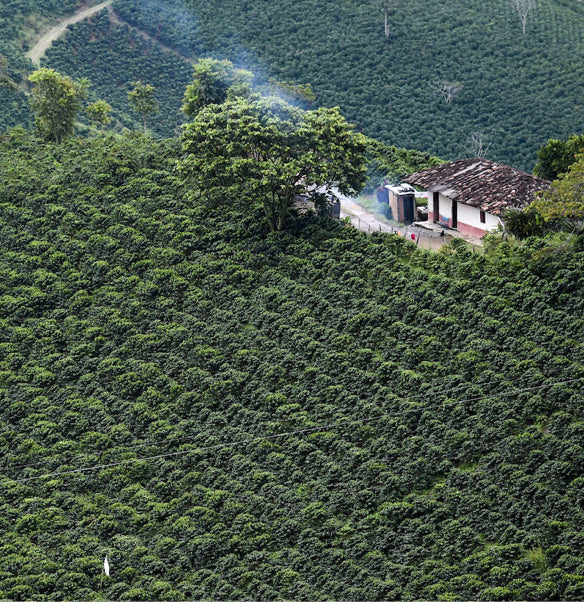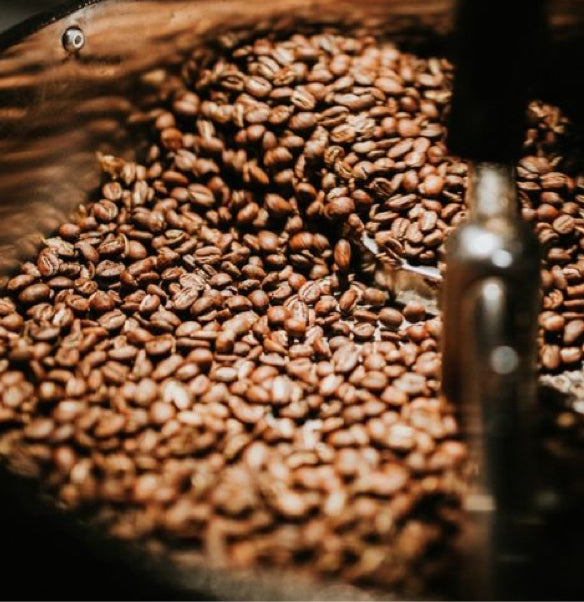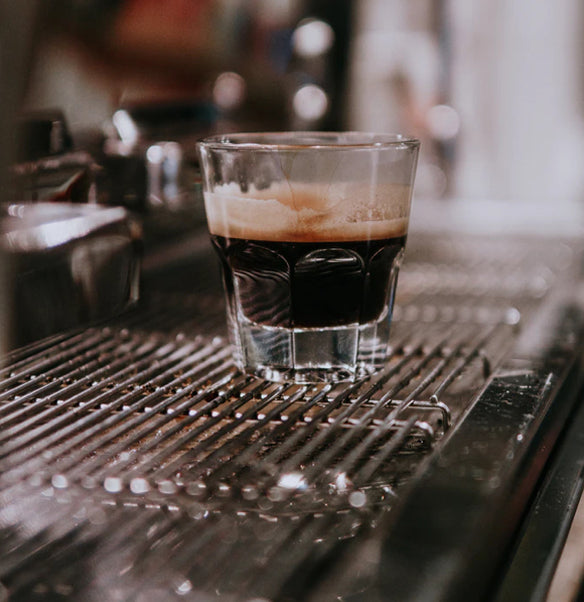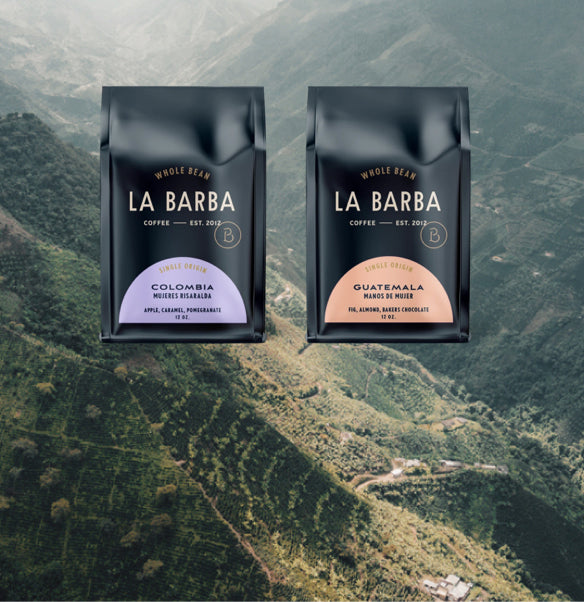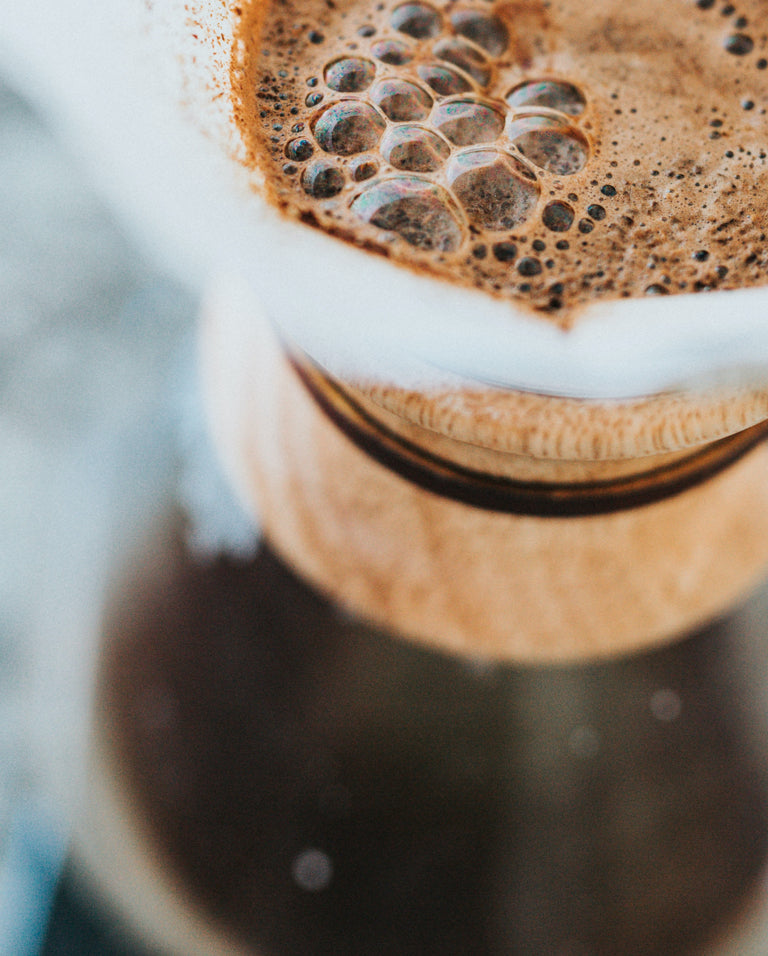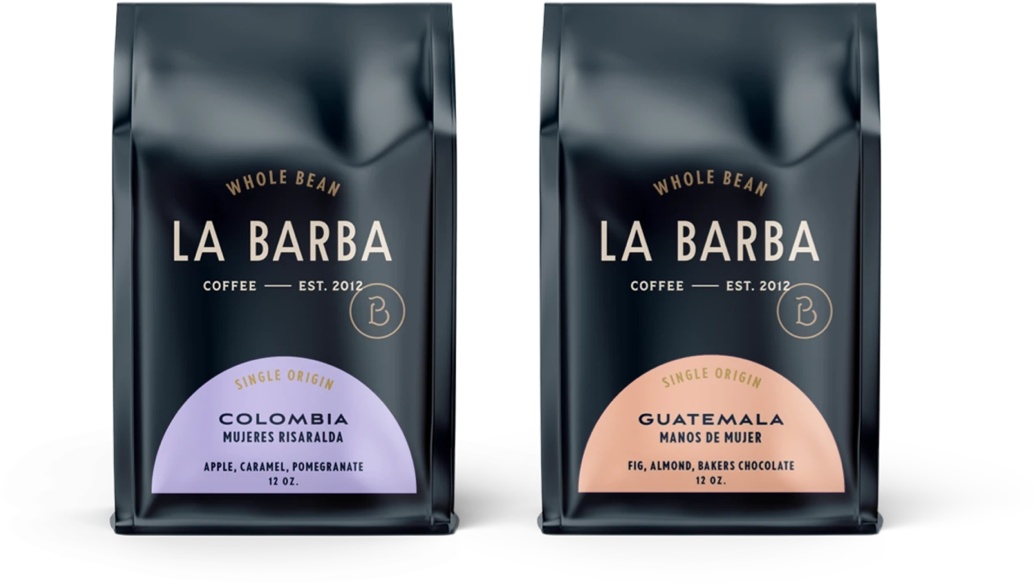
Tasting Notes:
Blood Orange, Melon, Hibiscus
Producer:
Small Farmers, Kamwangi Washing Station
Cultivar:
SL-28, SL-34, Batian, Ruiru
Process:
Washed
Elevation:
1800M

Kamwangi Station, Kirinyaga County
Kamwangi coffee factory is located in the northeastern corner of Kirinyaga County, Nyangeni subregion, Ngariama community. It was established in 1983 and grows the SL28, SL34 varieties with small amounts of Batian and Ruiru 11. The coffee cherries are hand-sorted for unripes and overripes by the farmers before they go into processing. The pulp is removed and the coffee is fermented for 24-36 hours in fermentation tanks under close shade depending on climate. After fermentation, coffees are washed and graded by density in washing channels. The water used in this process comes from the Nyamindi river. The coffee is then taken to the drying tables where they will be sundried 12 to 20 days on African drying beds, again depending on climate. Coffees are covered in plastic during midday and at night to protect them from the most polar extremes of climate.

Kamwangi Station, Kirinyaga County
Kamwangi coffee factory is located in the northeastern corner of Kirinyaga County, Nyangeni subregion, Ngariama community. It was established in 1983 and grows the SL28, SL34 varieties with small amounts of Batian and Ruiru 11. The coffee cherries are hand-sorted for unripes and overripes by the farmers before they go into processing. The pulp is removed and the coffee is fermented for 24-36 hours in fermentation tanks under close shade depending on climate. After fermentation, coffees are washed and graded by density in washing channels. The water used in this process comes from the Nyamindi river. The coffee is then taken to the drying tables where they will be sundried 12 to 20 days on African drying beds, again depending on climate. Coffees are covered in plastic during midday and at night to protect them from the most polar extremes of climate.
QUALITY YOU CAN COUNT ON
Why Does a Coffee’s Story Matter?
The story of coffee is a story of people all over the globe working incredibly hard to create this beverage we love so much. The story of a specific coffee - how it was grown and how the people involved in farming and transporting it were treated and compensated - is deeply ethical and inextricably tied to the coffee’s quality. Farmers can’t justify the cost, time, and labor required to make the high quality coffee if they’re not compensated adequately for such a difficult undertaking. We take the stories of our coffees seriously out of concern for people and our love of coffee.
We specifically choose coffees and import partners based on quality and ethics. A wide range of ethical claims intended to offer quick peace of mind exist throughout the coffee industry, but we’ve found that the size and complexity of the supply chain don’t really fit into such convenient labels. Our approach is to work with farming and importing partners whose standards are oriented towards improving farmer well being through financial traceability, ever improving coffee quality, and sustainability.
What we're thinking about
Some of what we consider when sourcing and roasting
Why Roast matters?
Coffee is as complex as wine. It has the potential to have a wide array of flavors and aromas, varying levels of sweetness and acidity, and can possess body and flavors unique to the region and soil in which it was grown. These incredible characteristics can be destroyed by roasting or accentuated by it. We take account of many factors to roast each of our coffees with a tailored roast profile in order to develop this dynamic character in a way that creates a balanced yet interesting cup.
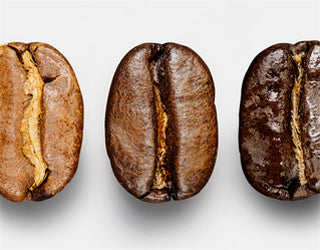
Washed, Natural - What Does Processing Mean?
Coffee starts as the seed of a small cherry-like fruit. Before it can be roasted coffee has to be processed - the skin and flesh of the fruit need to be fully removed and the seed dried. There are several ways that this can be accomplished. Two of the most common are “washed” and “natural” processing. Washed process coffee tends to have a more mild character because the skin and fruit are washed off of the seed before it is dried. Natural processed coffee tends to have a more wild and often very fruity flavor because the fruit is left on the seed for part of the drying process and some amount of natural fermentation occurs. We get excited about both washed and natural coffees. Have you tried both?
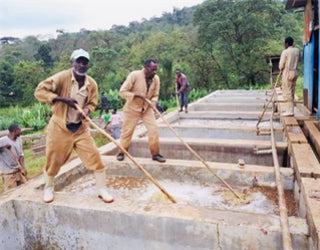
How elevation affects taste?
The elevation at which a coffee is grown doesn’t inherently make a coffee good or bad, though it can be used as an indicator of what quality to expect. At very high elevations, the coffee cherry is able to mature more slowly and a denser seed can develop. The density of the seed is important to us because a denser seed allows us to roast a more complex coffee. Along with the density, the elevation of coffee impacts its levels of sweetness and acidity and the flavor profile in general.
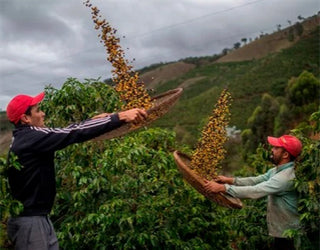
How to get the most of your cup?
What’s most important in a cup of coffee is that you enjoy it, whether brewed it with meticulously focused attention or poured it from a pot while you’re half asleep. Our coffee@home page has a lot to help you get the most out of your cup, but the first thing to do is to try a variety of coffees. Trying coffees from different origins will not only enable to you figure out exactly what you like, it will also increase your ability to perceive the complexity and nuances that make coffee such an incredible beverage. Let us know if you’d like any help selecting your next coffee to try or try out our Roaster’s Choice subscription to get a curated and seasonal variety.

